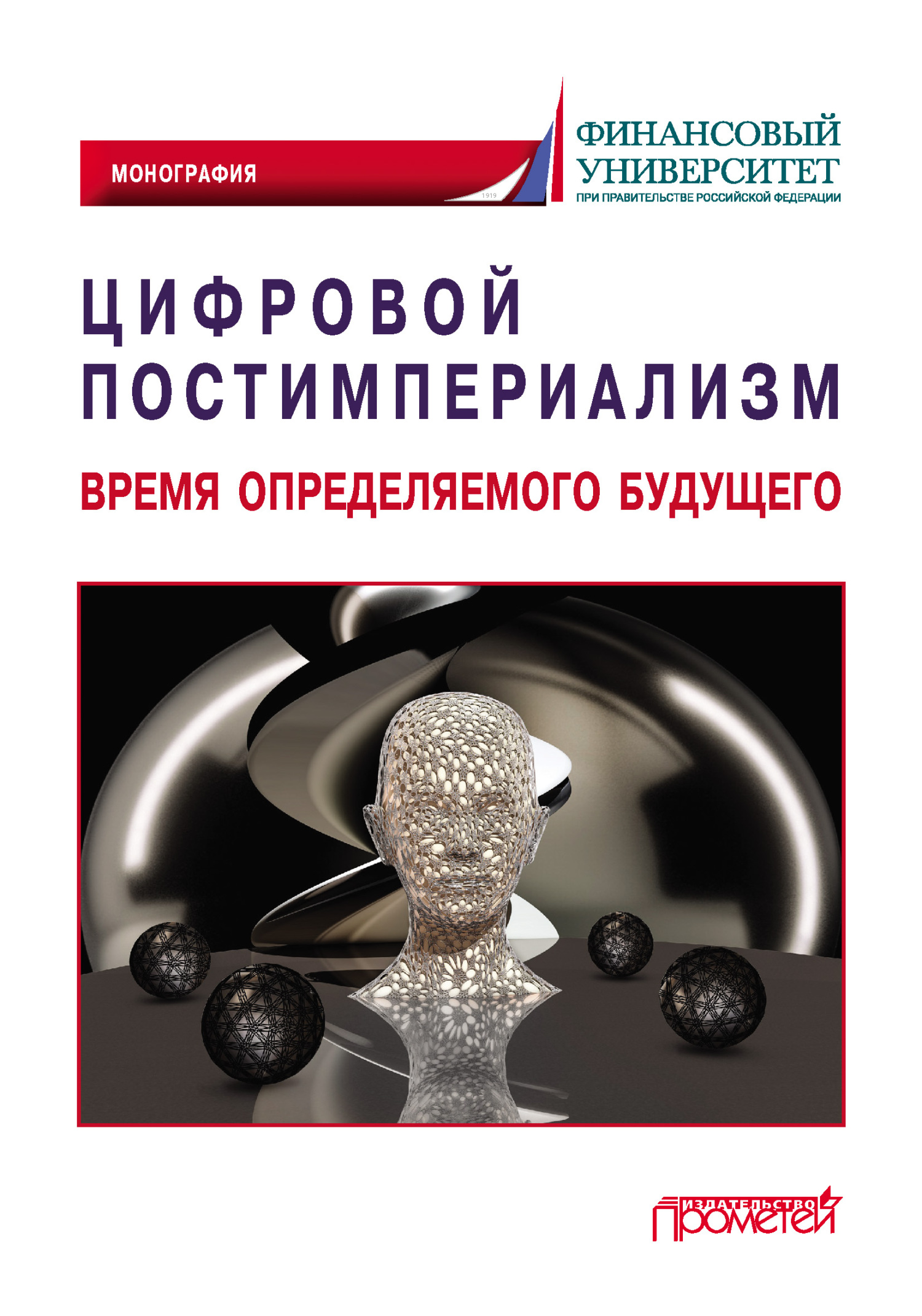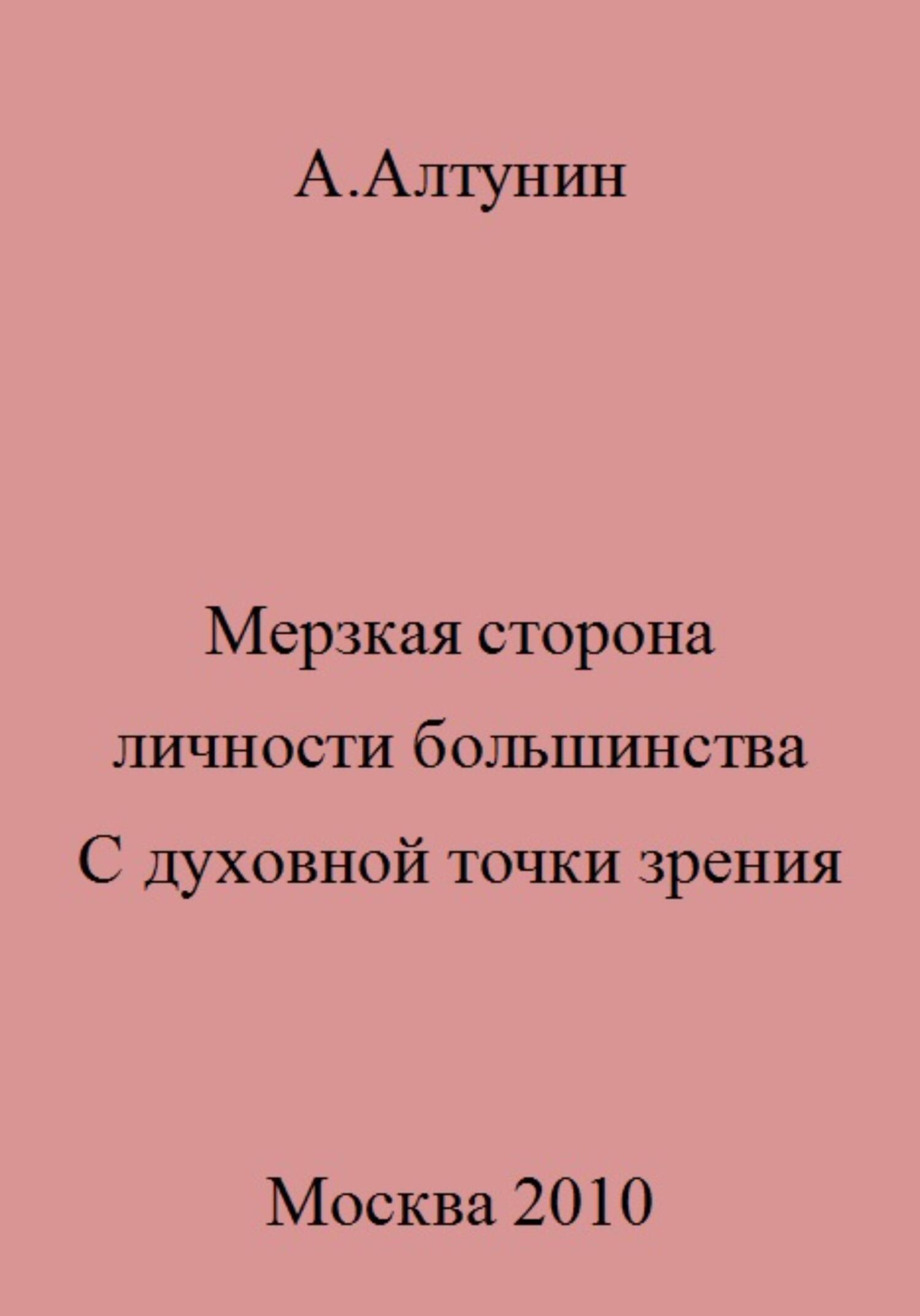Шрифт:
Закладка:
Почему-то сложилось так, что мы стали ставить знак равенства между изменением поведения с целью сохранения климата и изменением потребительских привычек в частной жизни – как будто наша жизнь ограничивается домом и потреблением. Но это представление ошибочно. Поведение охватывает гораздо больше разных сфер. Это все, что мы делаем. Принимаем государственные решения. Пишем полемические статьи в газету. Обсуждаем друг с другом вопросы климата, боремся за проведение более жесткой экологической политики – все это наше поведение. И если мы хотим достичь радикальных изменений, надо абстрагироваться от деталей и выбирать действия, имеющие сильный и долгосрочный эффект. Книга призывает смотреть на проблему сохранения климата с точки зрения планеты в целом. Учит тому, как оценивать эффективность своих действий, направленных на спасение земли. Мало просто сокращать и запрещать в надежде предотвратить климатическую катастрофу. Надо изменить себя и научиться жить по-новому. Игра не проиграна. У человечества еще есть шанс замедлить разрушительные процессы и предотвратить климатическую катастрофу. Эксперты снова и снова предупреждают нас. Но, несмотря на серьезность ситуации, многие продолжают жить по-старому, ничего не меняя в своей жизни. Они рассуждают, спорят, занимаются своими делами… Как такое возможно? Почему мы никак не поймем, что время не терпит и пора действовать? В книге рассказывается о том, как при помощи психологии можно более эффективно работать на благо природы для предотвращения климатического кризиса. Вы узнаете, почему все прежние стратегии экологической работы не дали результата. Поймете, как можно добиться по-настоящему длительного эффекта и устойчивого развития. И увидите, что это совсем не то, к чему вас обычно призывают средства массовой информации.





